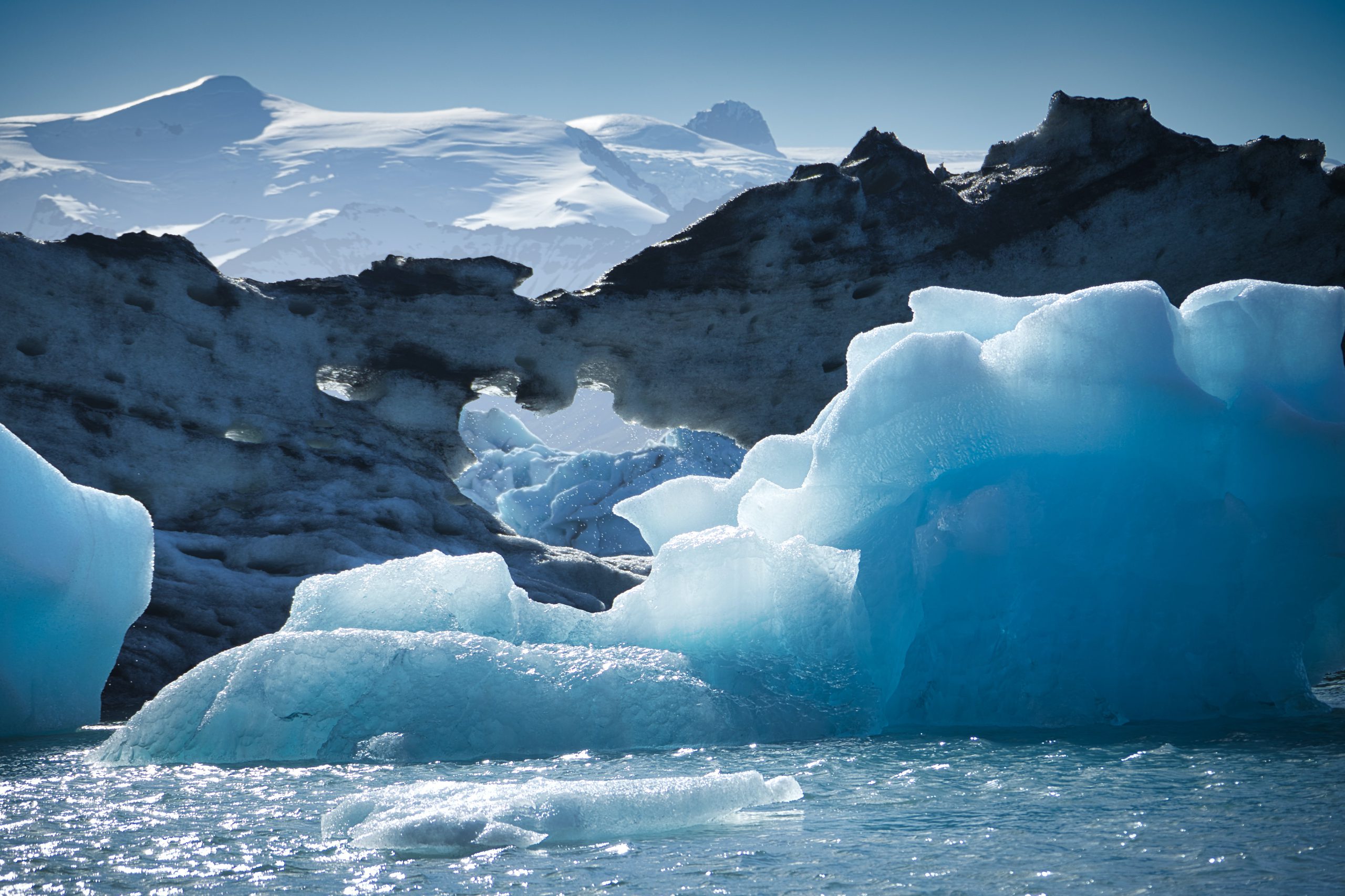
68% of ice glaciers will be lost by 2100
New research brings sad news: 68% of all glaciers will disappear by 2100, raising the sea level by 11 cm. Even if actions are made

New research brings sad news: 68% of all glaciers will disappear by 2100, raising the sea level by 11 cm. Even if actions are made
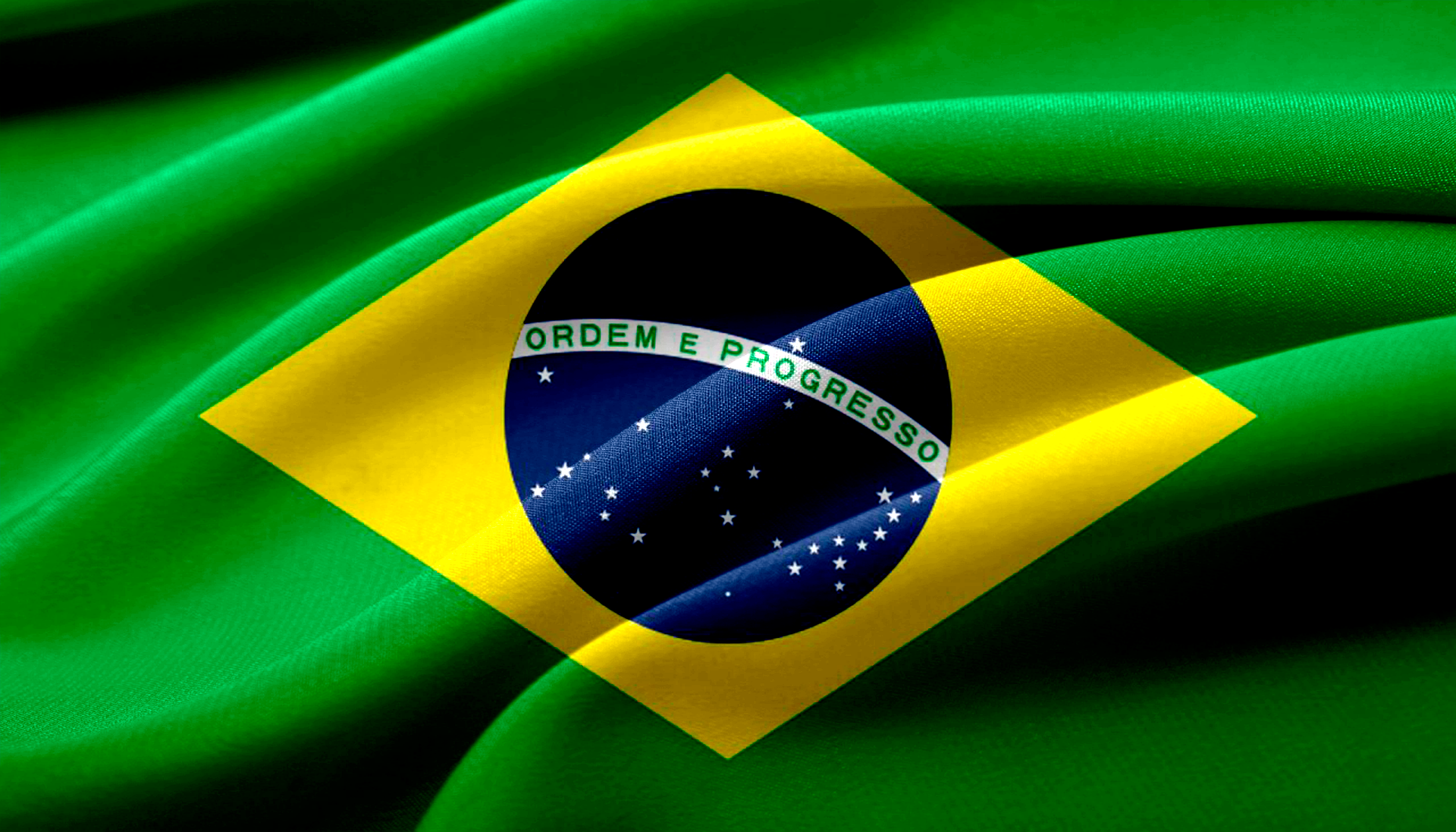
Brazil’s former president, Jair Bolsonaro, encouraged Amazon logging, and during his presidency, the Amazon has seen record tree logging. The newly elected president, Luiz Inácio
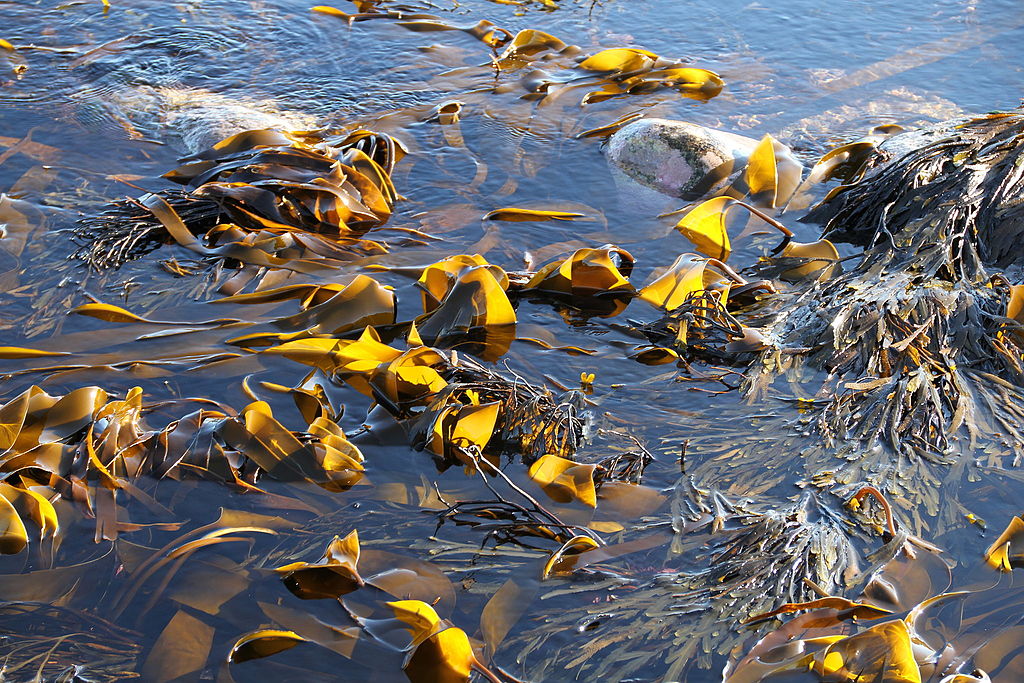
Brown algae can absorb a large amount of carbon dioxide from the air and release it back in a mucus form. Different marine organisms find

As of the first of January, France banned single-use plastics in all restaurants. This includes fast-food restaurants also, which usually rely on single-use utensils, plates,
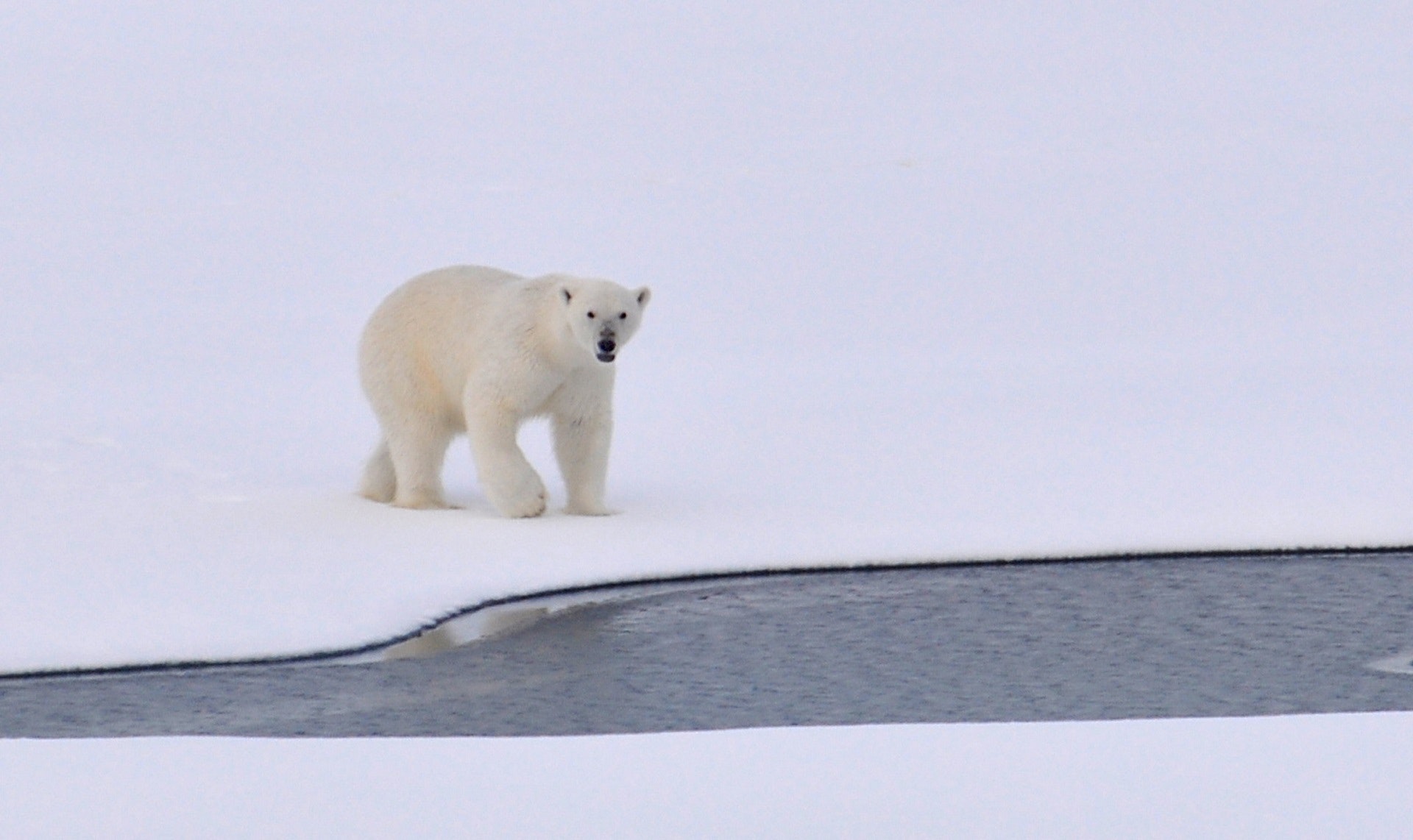
Churchill, Manitoba, Canada was once the polar bear capital, but in the last five years, the bear population declined by 27%. As the Arctic ice
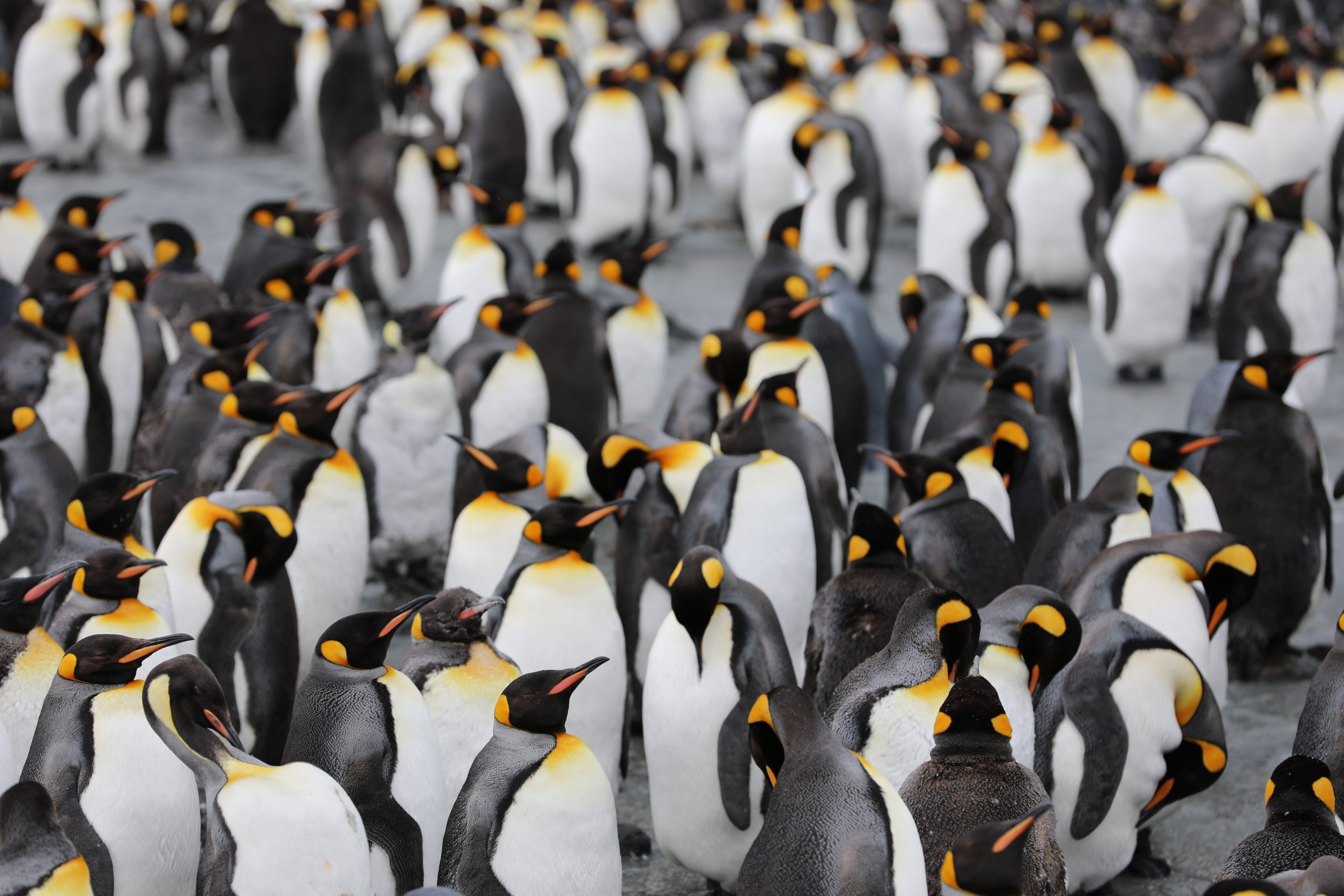
65% of Antarctica’s plants and animals might disappear by the end of the century. Most at risk are the emperor penguins, with 80% of their
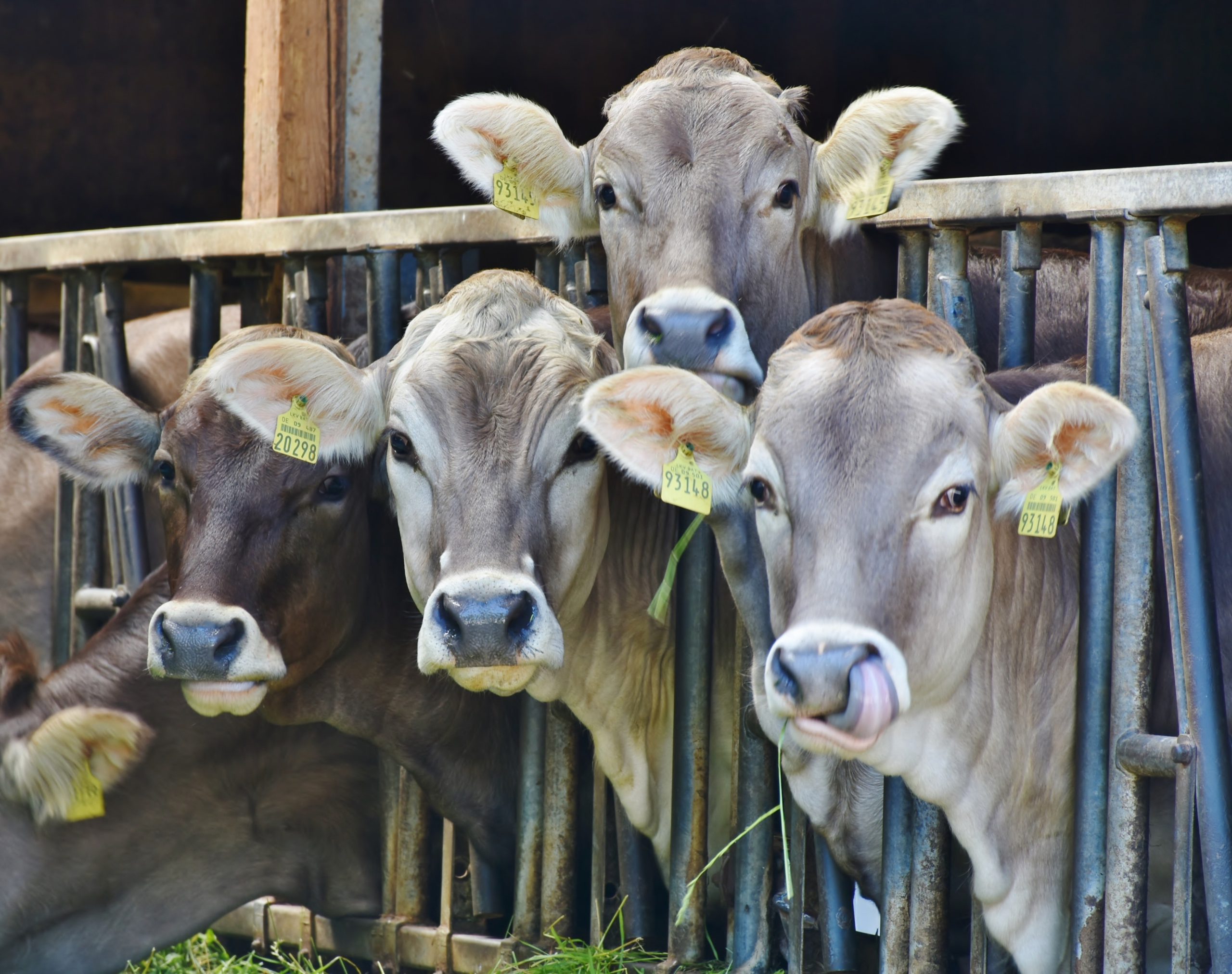
A research was done on the global food industry’s impact on pollution, mapping which countries have the biggest impact. The food industry was looked at
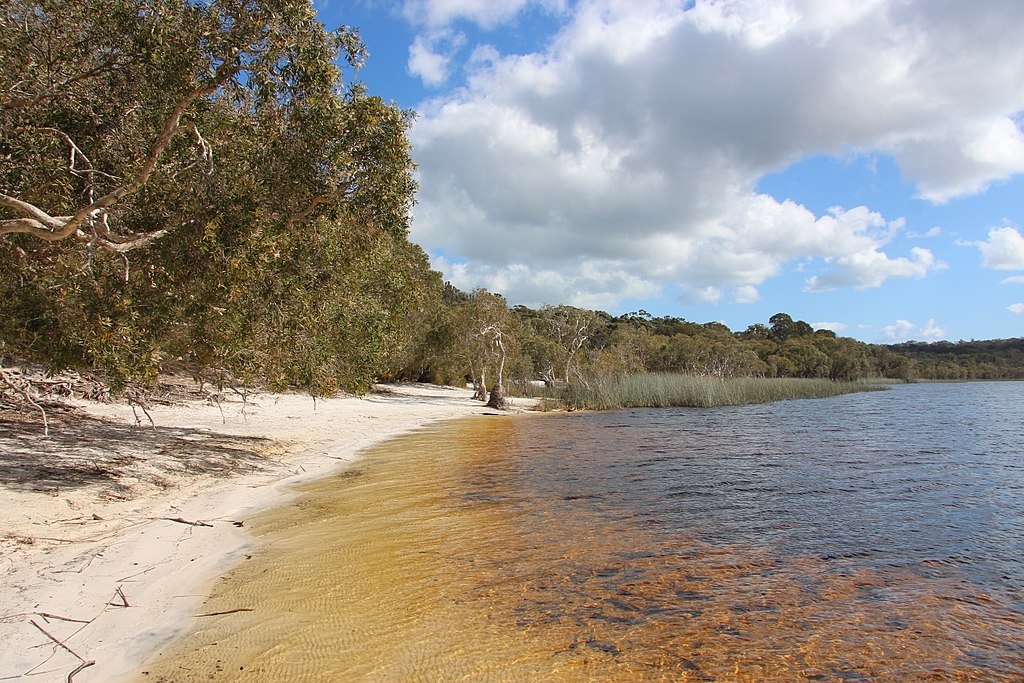
Research shows that climate change will turn the water color of lakes to green-brown. Temperature, sediments, and algae will turn even the crystal-clear blue lakes

Research done in Barcelona about the effects of global warming on the Mediterranean corals discovered that the temperature rise puts 2 central coral species in
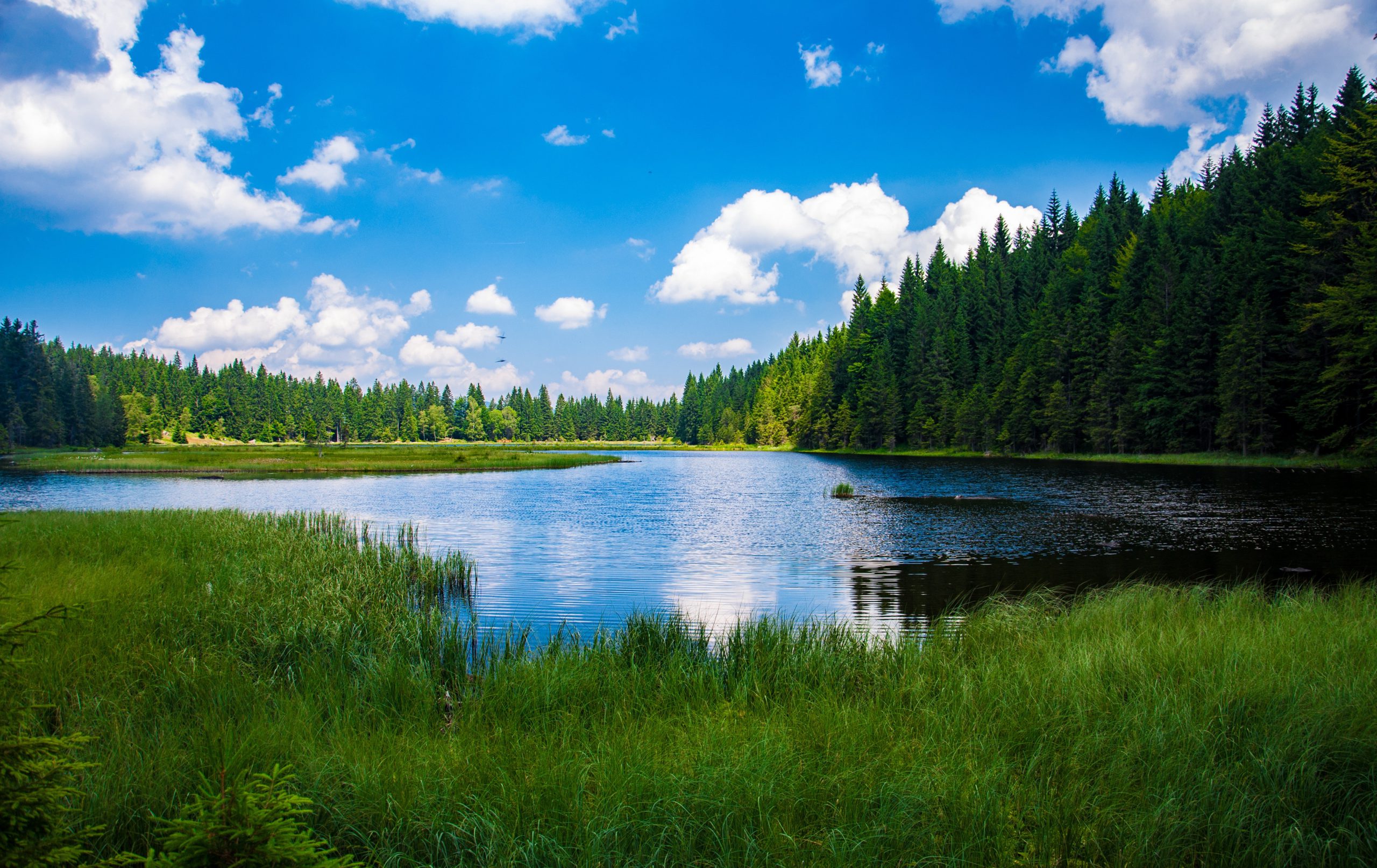
Between 1984 and now, the lake area in the world increased by 46,000 square kilometers. The newer lakes emit more carbon dioxide into the atmosphere